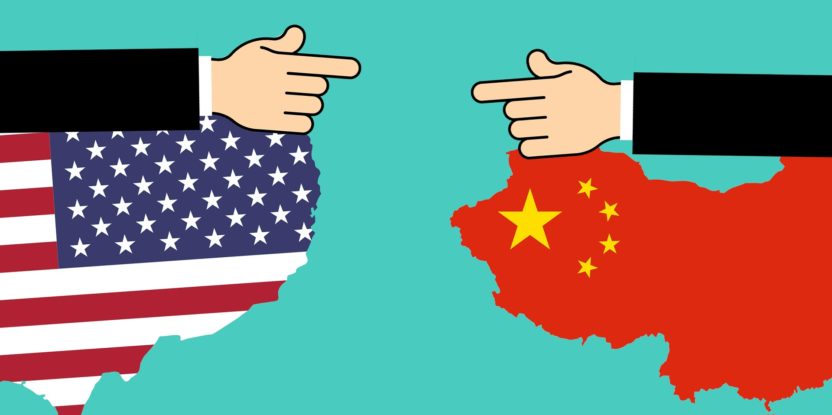In Forests News last week:
Prosperity grows in arid Wonogiri
A new study shows that money really can grow on trees. The tamanu tree in Central Java scores high in land restoration and economic prosperity, is a transition from palm oil to agroforestry within reach? READ
Can DRC’s community forests lift its people out of poverty?
A new review in Central Africa leaves scientists doubtful READ
Forests News pick of stories from around the globe:
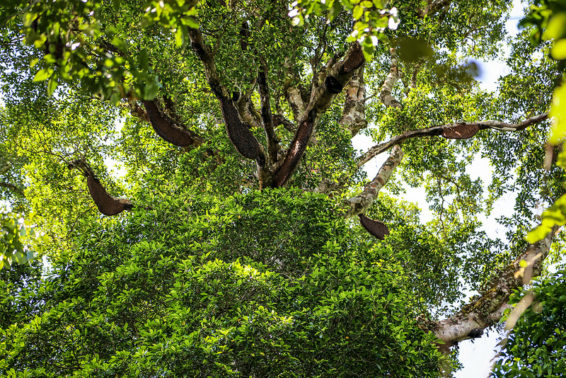
Between the land of the free and the rising sun, lies deforestation of the Amazon
Drawing from an article published in Nature, The Guardian has cautioned that the Amazon rainforest could be the next victim of the US-China trade war, as deforestation threats intensify in response to high tariffs imposed by Xi Jinping and Donald Trump.
US exports of soy bean, used primarily for livestock feed, plummeted by 50 percent last year; a steep drop usually reserved for wartime.
To make up for the shortfall, China will be looking to the other 94 soy producing nations: Brazil is most likely to fill in this gap according to the authors.
Brazil’s nutrient-poor tropical soils already need three times more fertiliser than that of US and Canada. Spurred on too by an increase in prices, farmers will likely take the simpler route by expanding into frontier lands of Cerrado savannah and the Amazon forest. This would have catastrophic impacts for climate change, as the Amazon is the world’s most important terrestrial carbon sink. Currently the Amazon benefits from national park or indigenous territory protections. However, Brazil’s new populist president Jair Bolsonaro has signalled a change in tact. Sworn into office in January, he has already weakened the powers of the environmental agency, publicly decried the rights of indigenous peoples, and pushed for agricultural expansion.
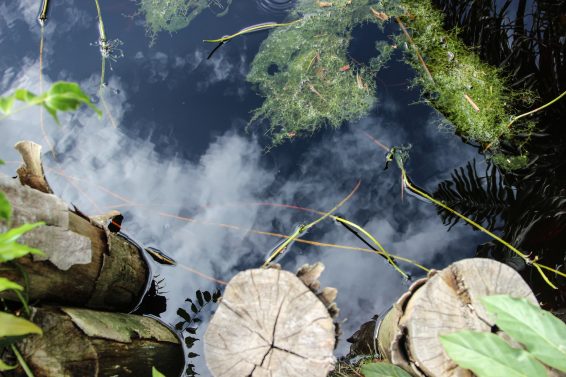
Trees are releasing methane- what does that mean for the climate?
A growing network of scientists are discovering methane to be flowing out of Amazon’s flooded rainforests, Borneo’s peatlands, Hungary’s upland woods and China’s sloping forests, according to an article in National Geographic. Though scientist Francis W. Bushong recorded finding methane in a cottonwood tree as early as 1907, his report faded into obscurity, until now.
Emissions from a single tree are small; emissions from several trillion trees the scientists say could be a cause of concern for their collective contribution to climate change. Still in its early stages, variation between the trees seemed the only constant in the study-, with similar species in similar soils measuring drastically different results. To add to the confusion, recent studies have shown that some trees actually mop up methane from the atmosphere. One apparent constant however was the general observation that trees in wet soils were more often emitters, and those in dry soils the absorbers. This is likely to add complications to the adage of forests as a knight in the fight against climate change. The focus up until now has been on trees as sequesters of carbon, with little focus on other properties. Despite this, the scientists argue that current forests initiatives should continue, as the focus should neither just be on climate change but land degradation and biodiversity too. What’s needed, they say, are comprehensive assessments of forests and climate, where the complete system of properties are accounted for.
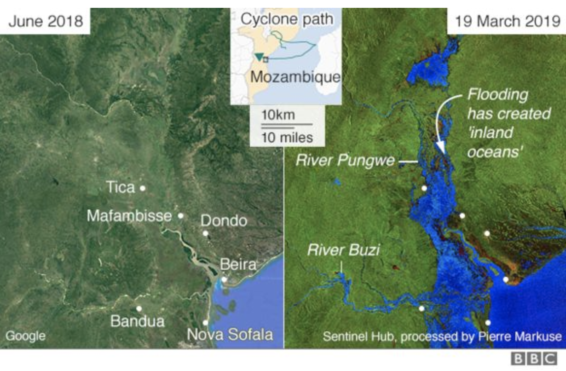
Planet on track for 3 – 5 degree C warming
A study from the World Meteorological Organization warns that temperatures are accelerating to increasingly dangerous levels, the BBC reports. A surge in CO2 levels released into the atmosphere in 2018 points towards an increase in global temperatures by 3 – 5 degrees Centigrade by the end of the century, should the current trajectory continue.
According to the WMO, this report breaks new ground on many key climate indicators, one of which is ocean heat content. WMO found more than 90 percent of the energy trapped by greenhouse gases goes into the seas, with global mean sea-level rise having increased by 3.7mm last year. In 2018, some 35 million people were hit by floods, and most of the 62 million people affected by natural hazards were associated with extreme weather and climate events. The WMO says that disasters have continued to shape 2019, with Cyclone Idai devastating low lying coastal communities in Mozambique, Zimbabwe and Malawi last month.
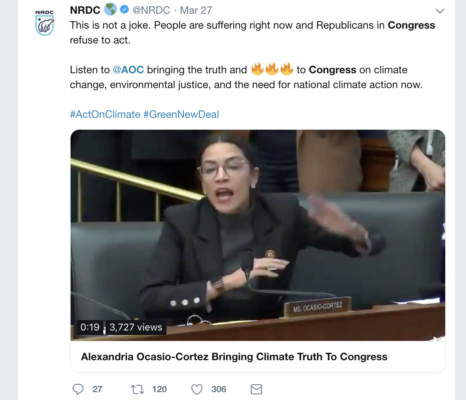
“Climate change costcutter?”
Doing the rounds on social media over the weekend was an impassioned speech by US Congresswoman Alexandria Ocasia-Cortez at a committee hearing, who responded to critics of her Green New Deal. The deal sets out an ambitious set of environmental goals, including a complete transition to renewable energy to meet Paris Agreement targets. The deal was voted down by the Senate last week, with even some Democrats distancing themselves from it for its perceived high costs and lack of engineering detail to make it happen.
Ocasia-Cortez yelled to congress “science should not be partisan…the government knew that climate change was real as far back as 1989 when NASA started reporting about this, and the private sector knew way back in the 1970s, so we’ve had until around the time I’ve been born to address this issue. I wish it didn’t have to cost so much…I’m going to turn 30 this year, and for the entire 30 years of my lifetime we did not make substantial investments to prepare our country for what we knew was coming…We have the choice to lower the cost now, because I can tell you the cost of pursuing a Green New Deal will be far less than the cost of not passing it.”
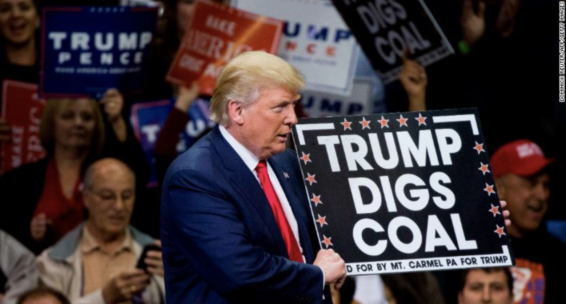
Sun and wind in energy sales’, coal left in the pits
Sticking in the US, solar and wind is now cheaper than fossil fuels, CNN reports. According to a report by Energy Innovation, plunging prices in renewable technologies means that 74 percent of the US coal fleet could be phased out.
President Donald Trump famously won swing seats in mining towns with his promises to revive the beleaguered coal industry, slashing regulations and making it easier to open new plants, as he swore to withdraw US support for the Paris Agreement. CNN writes that federal governments have been pressured by their electorates who are worried about climate change, and as such are rolling out green energy programmes with the promise of green jobs growth.
Conversely in the New York Times is an article on Texan billionaire Andrew Beal, who is pursuing California’s federal regulators in scrapping the state’s carbon-free power goals, arguing their ambitions discriminate against generators powered by fossil fuels. The major donor and business associate of Trump purchased the bankrupt La Paloma natural gas power plant in California in 2017. California has recently been the victim of devastating forest fires, as well as intensified droughts, heat waves and hurricanes.
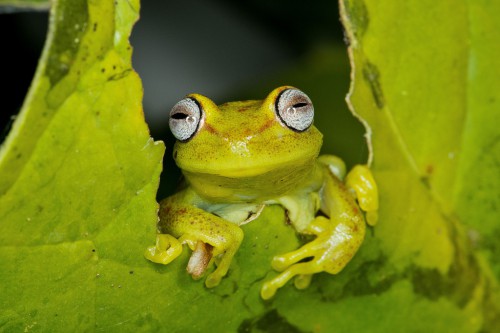
Frogs: A biblical plague
Frogs, toads and salamanders in over 60 countries have been decimated by a fungal infection that eats away at their skin. The chytridiomycosis pathogenic disease throws off the amphibians balance of salt and water, eventually causing heart failure, TheScientist reports. The global scale of the problem hadn’t been analyzed, until now.
A team of researchers from all over the world collected data to find that chytrid fungi helped decline 501 species between 1965 and 2015. Of these, 90 went extinct. This makes it the most deadly pathogen ever known to science.
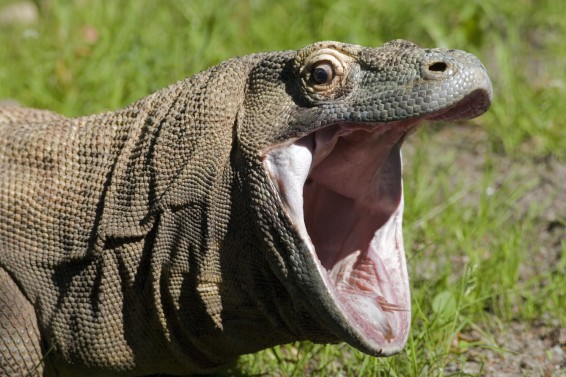
Komodo dragon smuggle foiled
A komodo dragon smuggling mission has been foiled in Indonesia’s East Java island. Komodo dragons have razor sharp teeth, a poisonous bite and can grow up to 3 metres, making them the world’s largest lizard. The smugglers were caught selling the would-be pets on Facebook, before confessing to have already sold over 40 of the exotic and internationally protected animals before.
Officials said they also recovered bearcats, cockatoos, and cassowary birds from the suspected smuggling ring.
We want you to share Forests News content, which is licensed under Creative Commons Attribution-NonCommercial-ShareAlike 4.0 International (CC BY-NC-SA 4.0). This means you are free to redistribute our material for non-commercial purposes. All we ask is that you give Forests News appropriate credit and link to the original Forests News content, indicate if changes were made, and distribute your contributions under the same Creative Commons license. You must notify Forests News if you repost, reprint or reuse our materials by contacting forestsnews@cifor-icraf.org.
